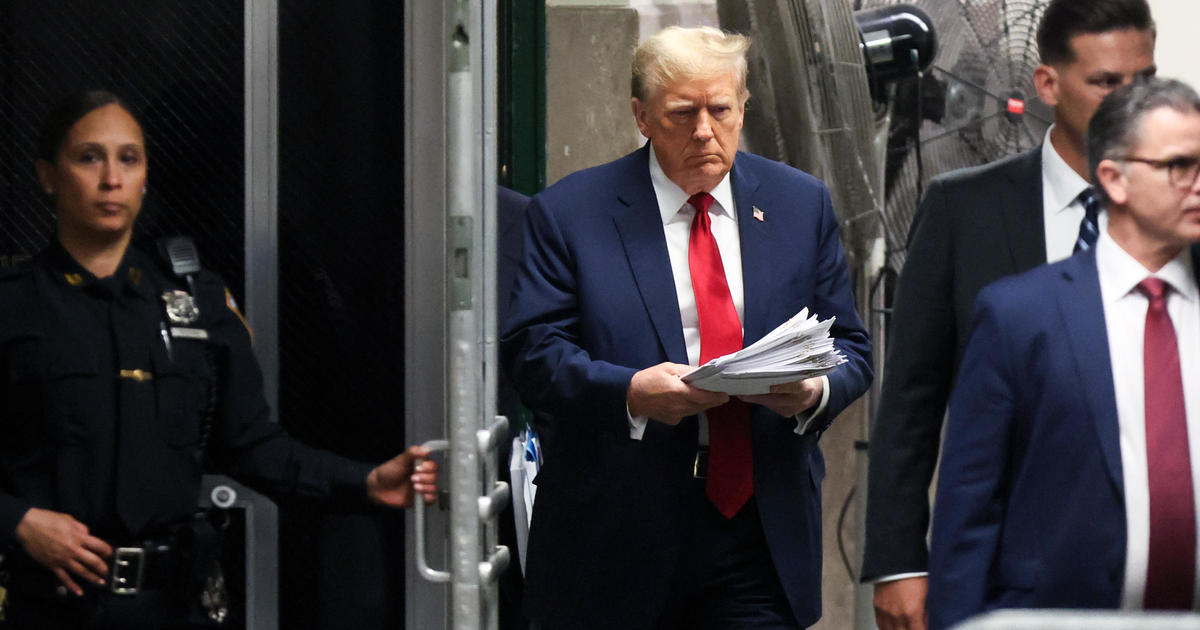Trump's tax plan falls flat on Wall Street
For months, stocks rose on any hint, rumor or tweet from President Trump about his plan for tax reform. Then they got a look at it.
Investors have reacted with disappointment at what they've seen of the proposal. which has drawn criticism for being short on detail. Stocks slid into the red after the plan was introduced on Wednesday and continued to trade heavily today, a far cry from the rip-roaring rally to new highs on Tuesday.
Gluskin Sheff economist David Rosenberg said the reaction was a classic case of the "emperor showing up without any clothes," referring to the one-page summary of the plan whose broad outlines were already known.
"Nearly six months after the election, the administration's tax proposals amount to less than a single side of paper," sniffed Paul Ashworth, chief U.S. economist with Capital Economics, in a client note.
Another reason investors seem underwhelmed: The math doesn't work, at least not without saddling the U.S. with politically unpalatable debt. Slashing the top corporate tax rate from 35 percent to 15 percent will cost $2.4 trillion over the next decade, according to the nonpartisan Tax Policy Center.
Oxford Economics estimates the plan would boost the deficit from roughly 3 percent of GDP to more than 7 percent in the first 18 months after it is implemented.
Not only would this severely worsen the country's long-term budget situation, but it would also foreclose using a filibuster-proof "reconciliation" process in Congress to pass a tax bill.
Why? Because it's poised to add trillions to the national debt, according to the Committee for a Responsible Federal Budget.
Goldman Sachs chief Washington analyst Alec Philips said the plan faces "a long road ahead" despite being lighter in detail and less ambitious than Trump's campaign proposals. Moreover, given a lack of revenue-enhancing offsets -- such as a "border adjustment tax" that was previously floated -- the package is expected to add $5 trillion to the deficit over 10 years.
How the White House expects to deal with this, if it intends to deal with it at all, will be revealed when it submits a formal budget in May.
Philips expects a big increase to estimated economic growth: By assuming GDP grows 3 percent per year on average, versus the 1.8 percent average the Congressional Budget Office assumes, the cost of the tax package would decline by roughly $3.7 trillion over the ten-year budget period.
The bigger issue, and why Wall Street seems so gutted: The complexities involved, and the charged political climate, means a tax reform package is unlikely to become law until the beginning of 2018 at the earliest.




